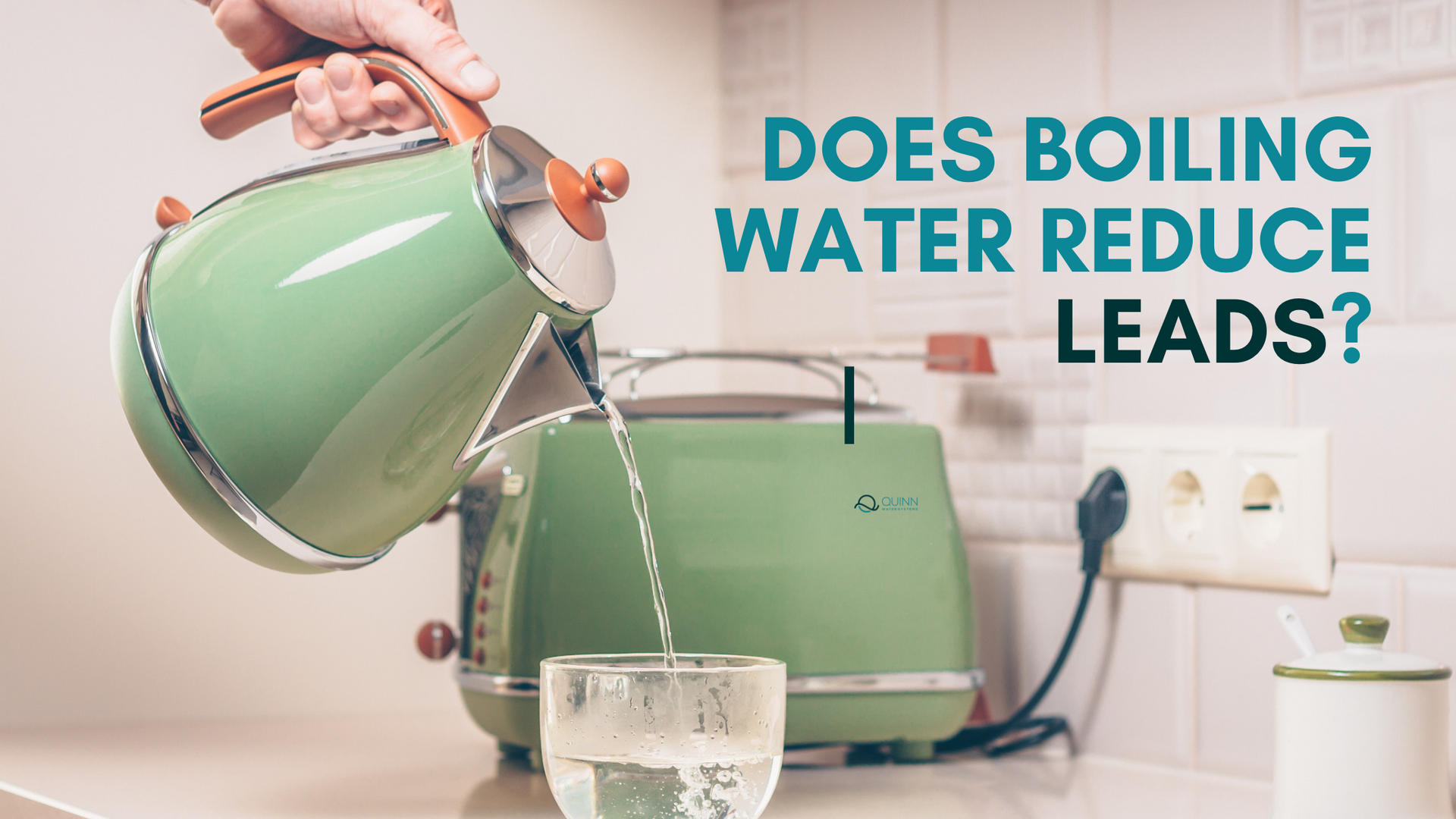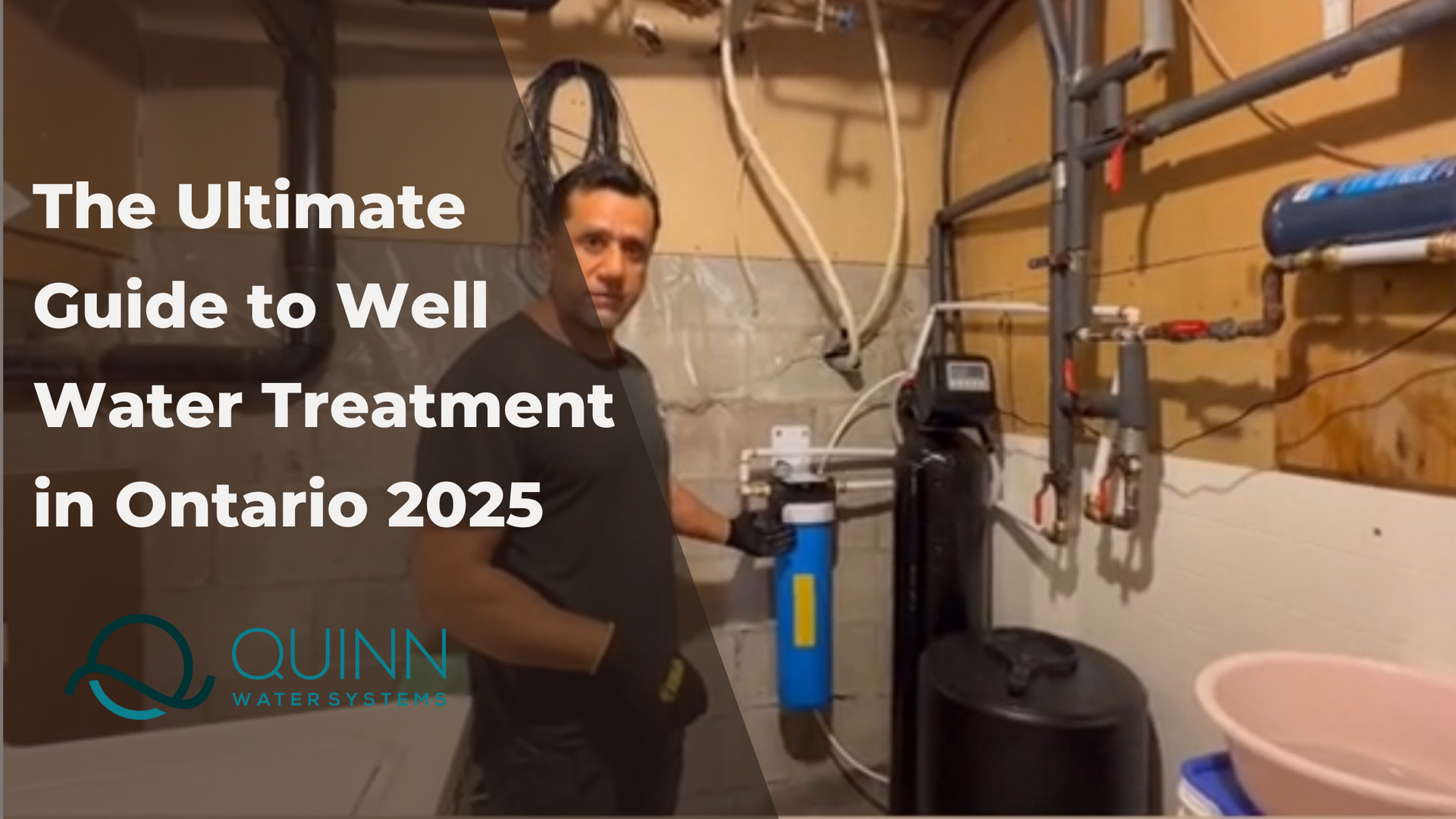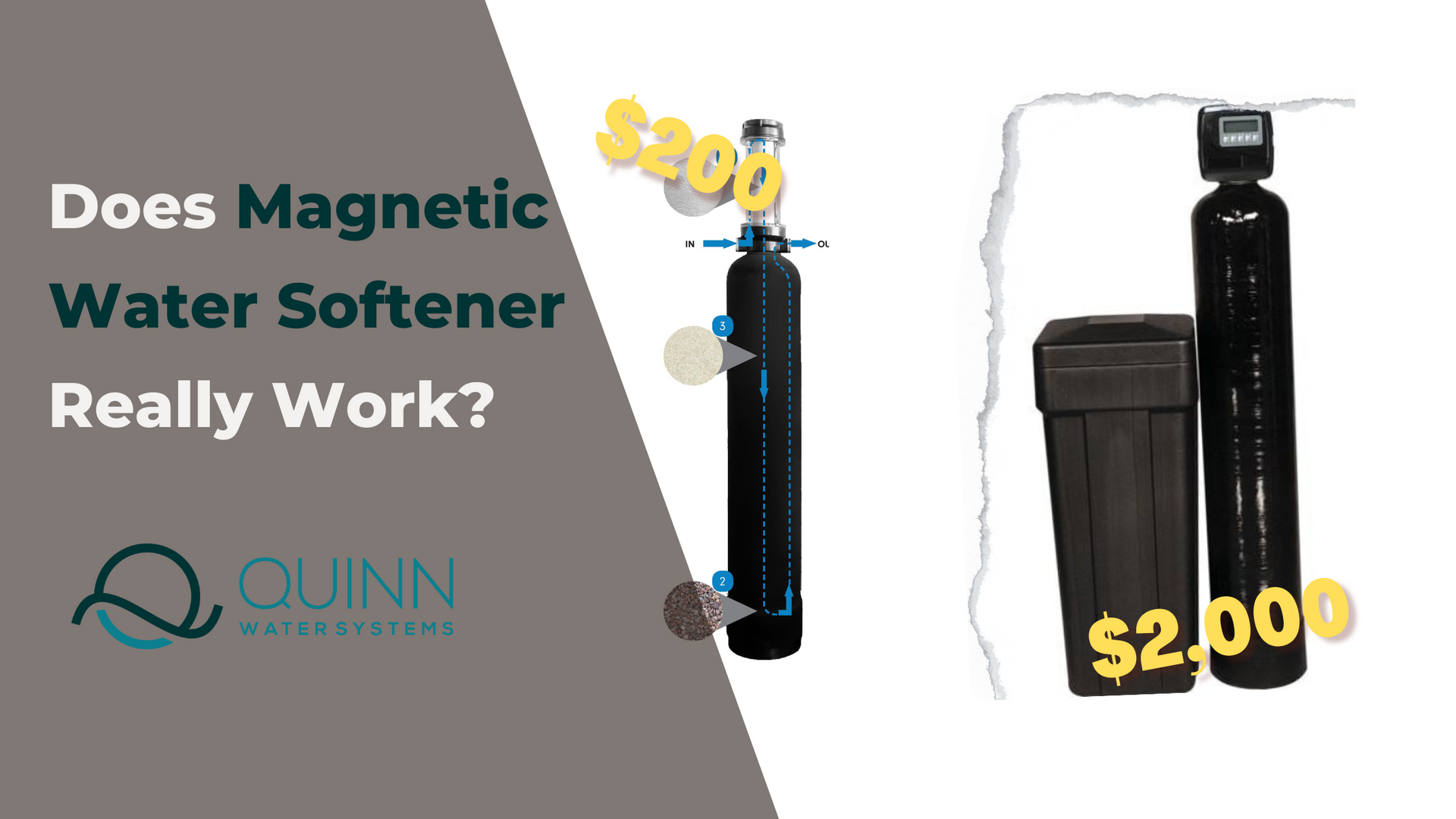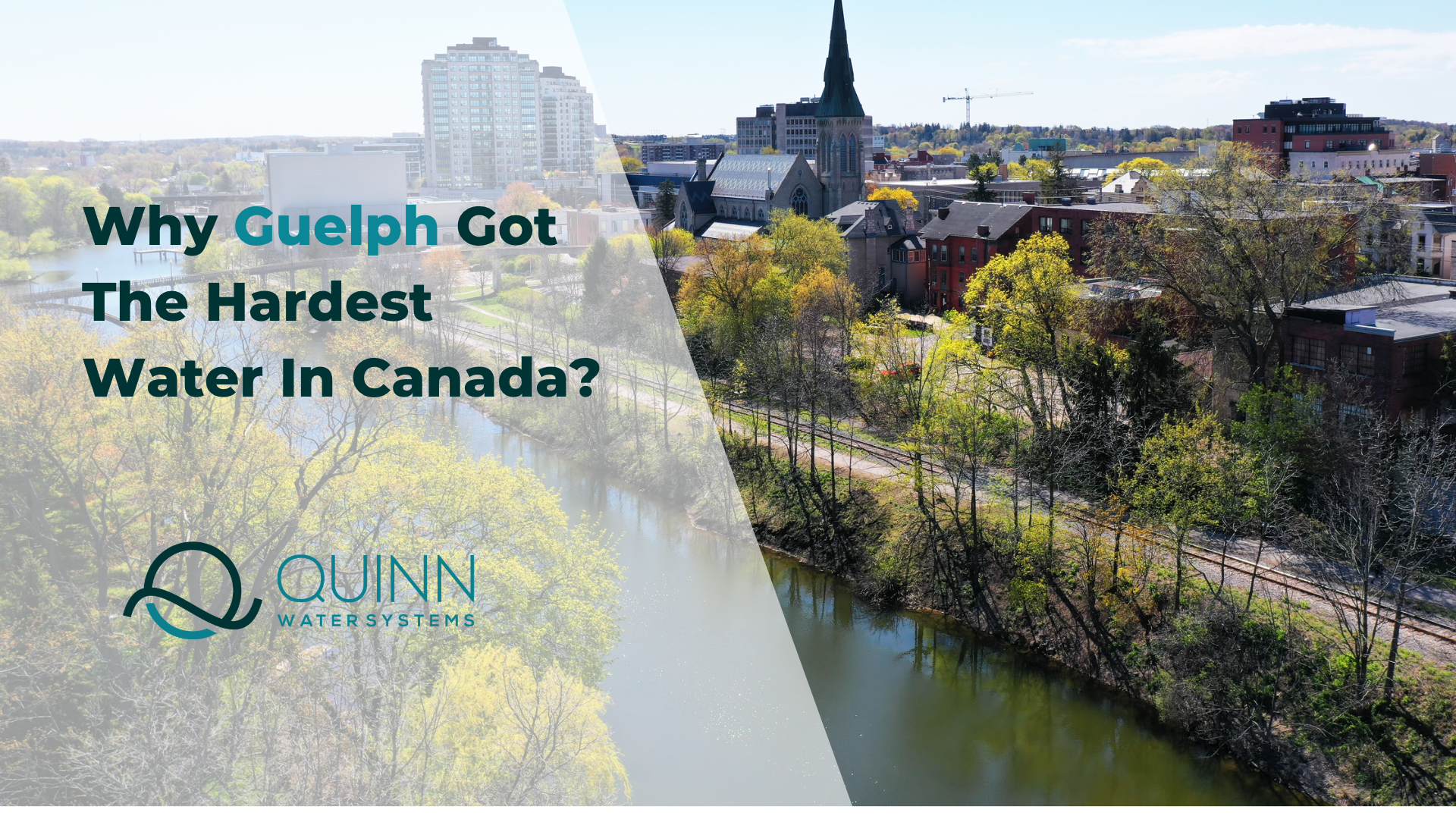Having a few basic plumbing tools at home can save you from calling a plumber for minor issues. Plumber's pliers, a small hand snake, and a cup plunger are all good tools to have on hand if you want to try to clear a blockage yourself. Plumber's pliers can be used to tighten or loosen fittings, while a small hand snake can help break up clogs in your pipes. A cup plunger can be used to create suction and clear minor toilet or sink clogs. However, if you're not comfortable using these tools or if the blockage is stubborn, it's best to call a professional plumber to avoid causing further damage to your plumbing system.
Complimentary Well Water Inspection for New Customers
How To Not Call A Plumber (Spring Plumbing Tips 2023)
As the winter frost melts away and spring approaches, it's the perfect time to give your plumbing system some attention. The changing seasons can bring new challenges for your pipes and drains, but with some simple preventive measures and maintenance, you can avoid the need to call a plumber. In this blog post, brought to you by Quinn Water Plumbers, we will provide you with valuable tips on how to keep your plumbing system in top shape for the upcoming spring season.

Be Mindful of What Goes Down the Drain
One of the primary reasons for clogged drains is the buildup of FOG, which stands for Fat, Oils, and Grease. These substances can accumulate in your drains and pipes over time, causing blockages that can be difficult to clear. To prevent this, be mindful of what goes down your drain. Avoid pouring cooking oil, grease, and food scraps down the sink, and use a strainer to catch food particles before they go down the drain. Instead of flushing wet wipes or other non-biodegradable items down the toilet, dispose of them in the trash. This might be the case for restaurants and other food service business.
Maintain Your Drain
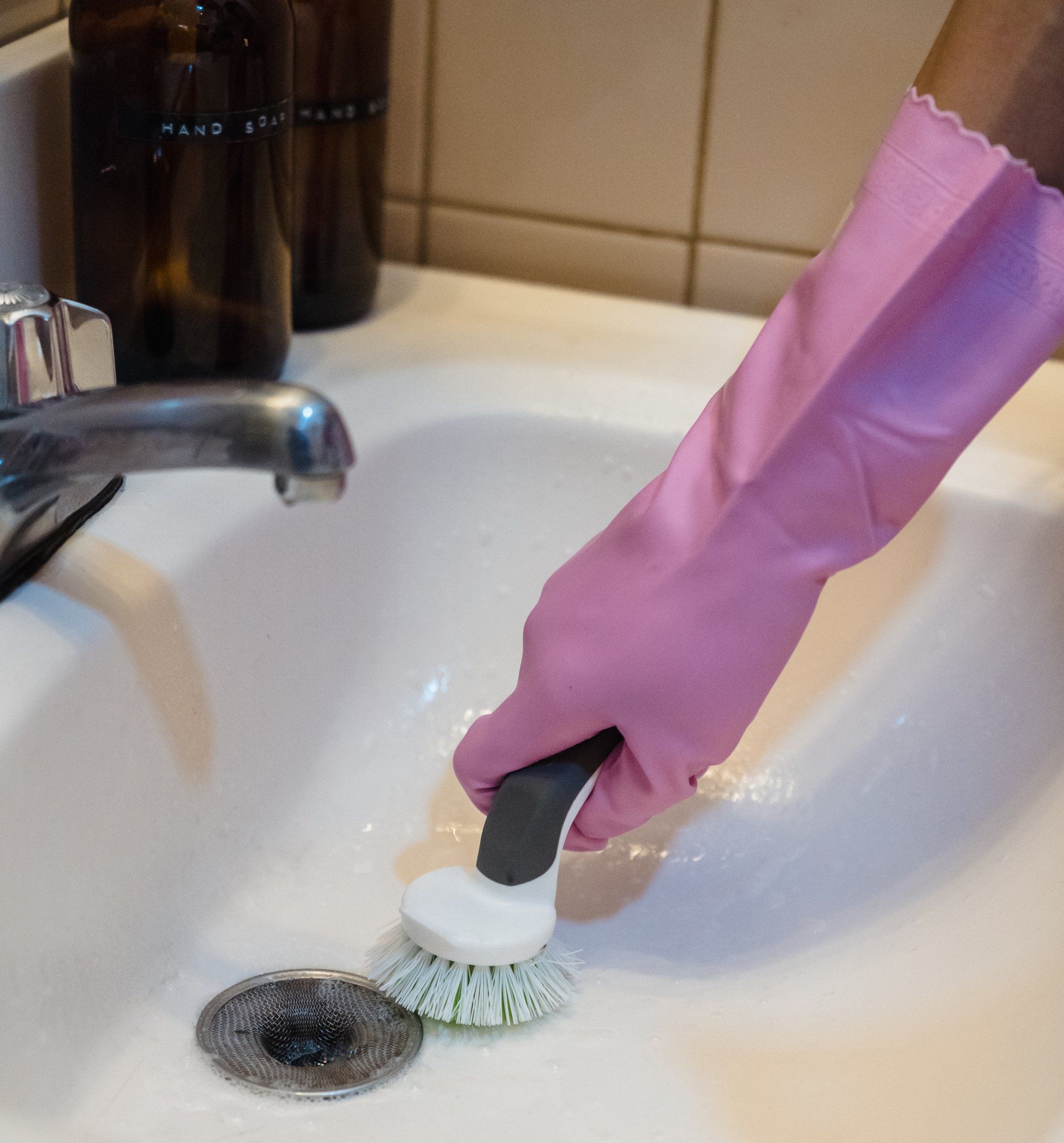
Regular drain maintenance can go a long way in preventing plumbing issues. One simple and effective way to maintain your drain is by pouring boiling water down the drain once a week. Boiling water can help dissolve grease and other substances that may have accumulated in your pipes. You can also use a mixture of baking soda and vinegar to clean your drain. Simply pour half a cup of baking soda down the drain, followed by half a cup of vinegar. Let the mixture sit for a few minutes, then flush it with hot water. This can help break down grease and other buildup in your pipes. Another maintenance tip is to use a drain cover or strainer to catch hair and other debris that can accumulate in your drains and cause blockages.
Keep Some Basic Plumbing Tools on Hand
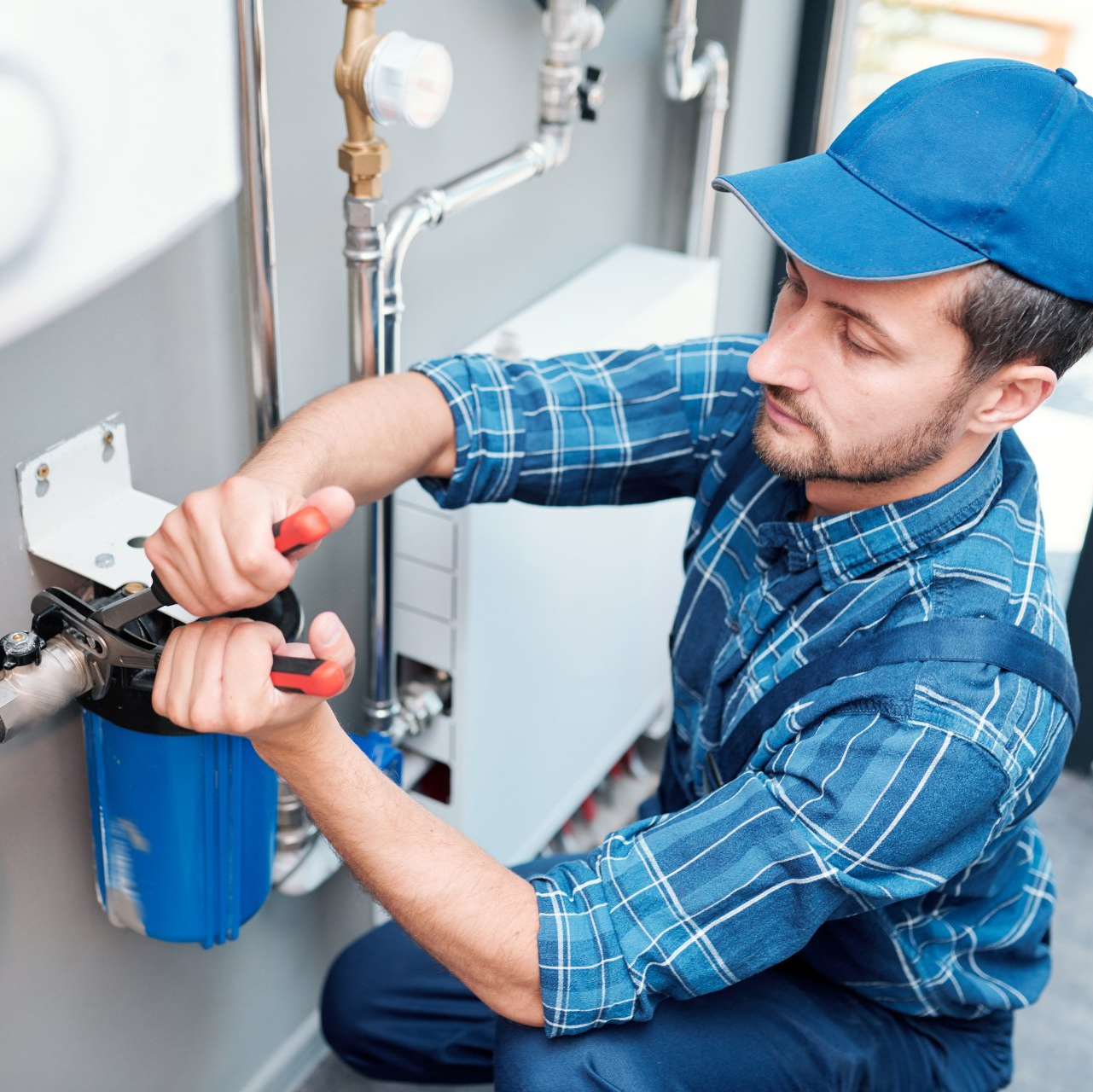
Install a Water Softener
Hard water, which contains high levels of minerals like calcium and magnesium, can cause damage to your plumbing system over time. It can lead to scale buildup in your pipes, faucets, and fixtures, reducing water flow and causing clogs. Installing a water softener can help prevent these issues by removing the excess minerals from your water. Water Softeners work by using a process called ion exchange to replace the calcium and magnesium ions with sodium ions, which do not cause scale buildup. By installing a water softener, you can extend the lifespan of your plumbing system and reduce the need for plumbing repairs.
Know When to Call a Professional
While some minor plumbing issues can be resolved with basic tools and preventive measures, it's important to know when to call a professional plumber. Trying to fix complex plumbing problems without proper knowledge and experience can result in further damage to your plumbing system and potentially costly repairs. Here are some signs that indicate it's time to call a professional plumber:
- Persistent or recurring clogs: If you're experiencing frequent or persistent clogs in your drains or toilets, it may indicate a deeper issue in your plumbing system that requires professional attention. Using harsh chemicals or excessive force to try to clear the clog can further damage your pipes.
- Low water pressure: If you notice a significant decrease in water pressure throughout your home, it could be a sign of a plumbing issue. Low water pressure can be caused by various factors such as pipe leaks, sediment buildup, or faulty fixtures. A professional plumber can diagnose the root cause and provide the right solution.
- Leaks: Leaky faucets, pipes, or fixtures should not be ignored as they can waste water, increase your water bills, and cause water damage to your home. If you notice any signs of water leakage, such as water stains, puddles, or dampness, it's best to call a plumber to fix the issue promptly.
- Sewer line issues: Sewer line problems can cause foul odors, gurgling sounds, or slow drains in your home. These issues require immediate attention from a professional plumber as they can result in messy and costly repairs if left untreated.
- No hot water: If you're not getting hot water or if your hot water supply is inconsistent, it could indicate a problem with your water heater. Water heater issues can be complex and potentially dangerous if not handled properly. It's best to call a qualified plumber to diagnose and repair any problems with your water heater.
- Frozen or burst pipes: During colder months, frozen or burst pipes can be a common plumbing issue. Frozen pipes can lead to burst pipes, causing water damage to your home. Dealing with frozen or burst pipes requires expertise and specialized equipment, so it's essential to call a professional plumber to handle the situation safely.
Conclusion
While there are preventive measures and basic tools you can use to avoid calling a plumber for minor plumbing issues, it's crucial to know when to seek professional help. Ignoring or attempting to fix complex plumbing problems on your own can result in further damage and costly repairs. When in doubt, it's always best to call a qualified plumber to diagnose and fix any plumbing issues in your home. Trust Quinn Water Systems to provide you with expert plumbing and water treatment solutions.
Contact Us
We will get back to you as soon as possible.
Please try again later.
Blog Posts
Blog Posts
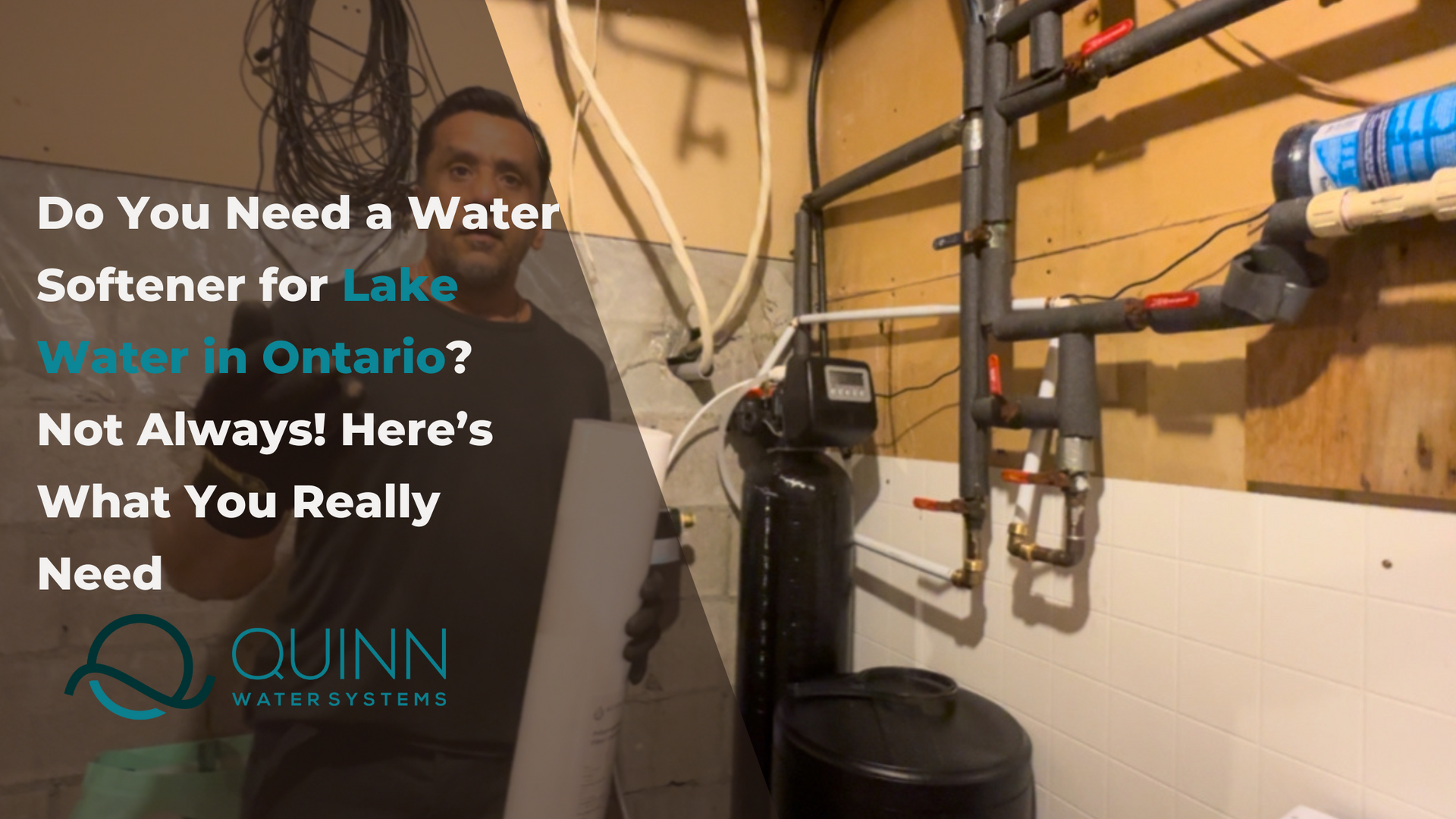
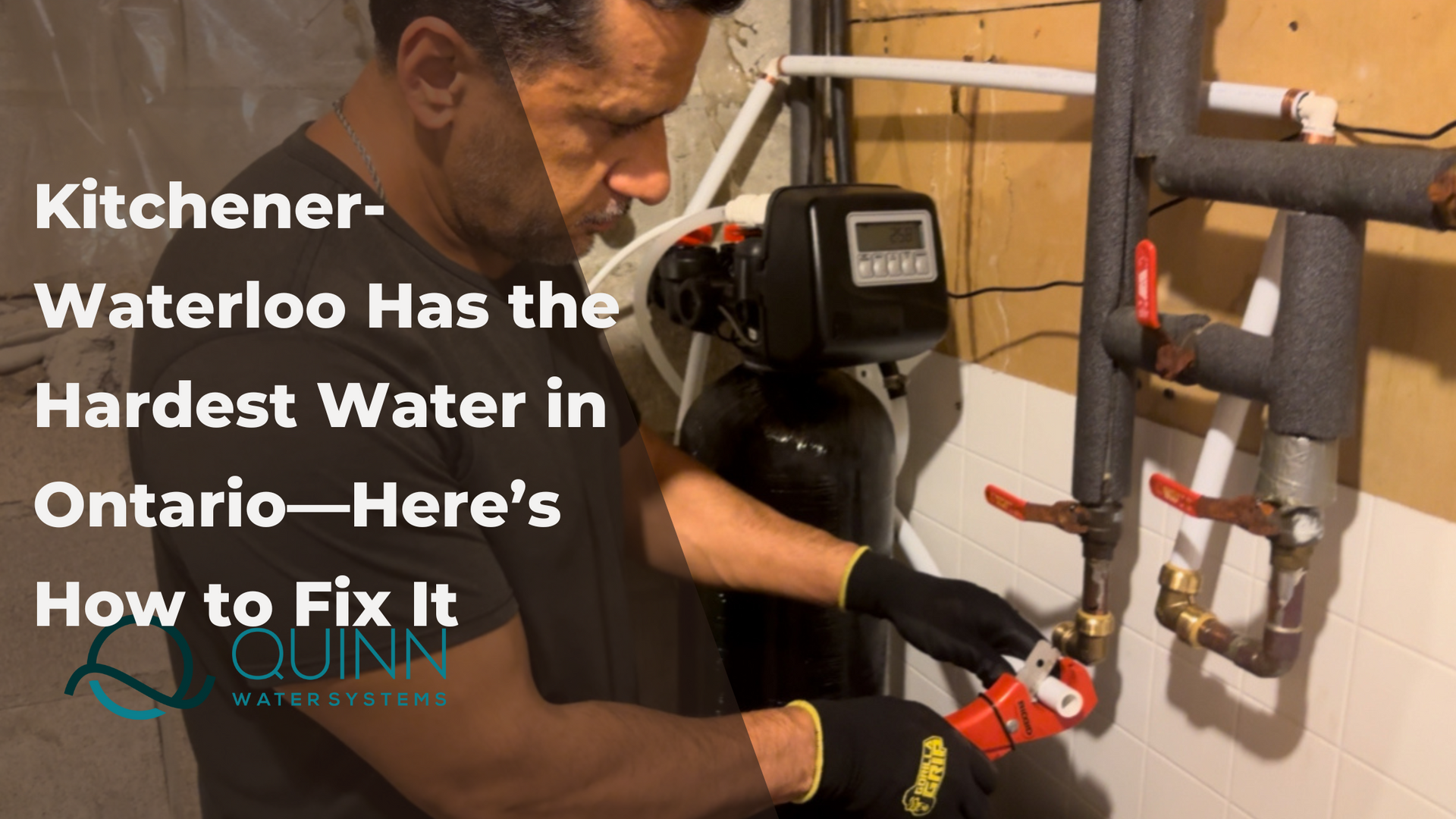
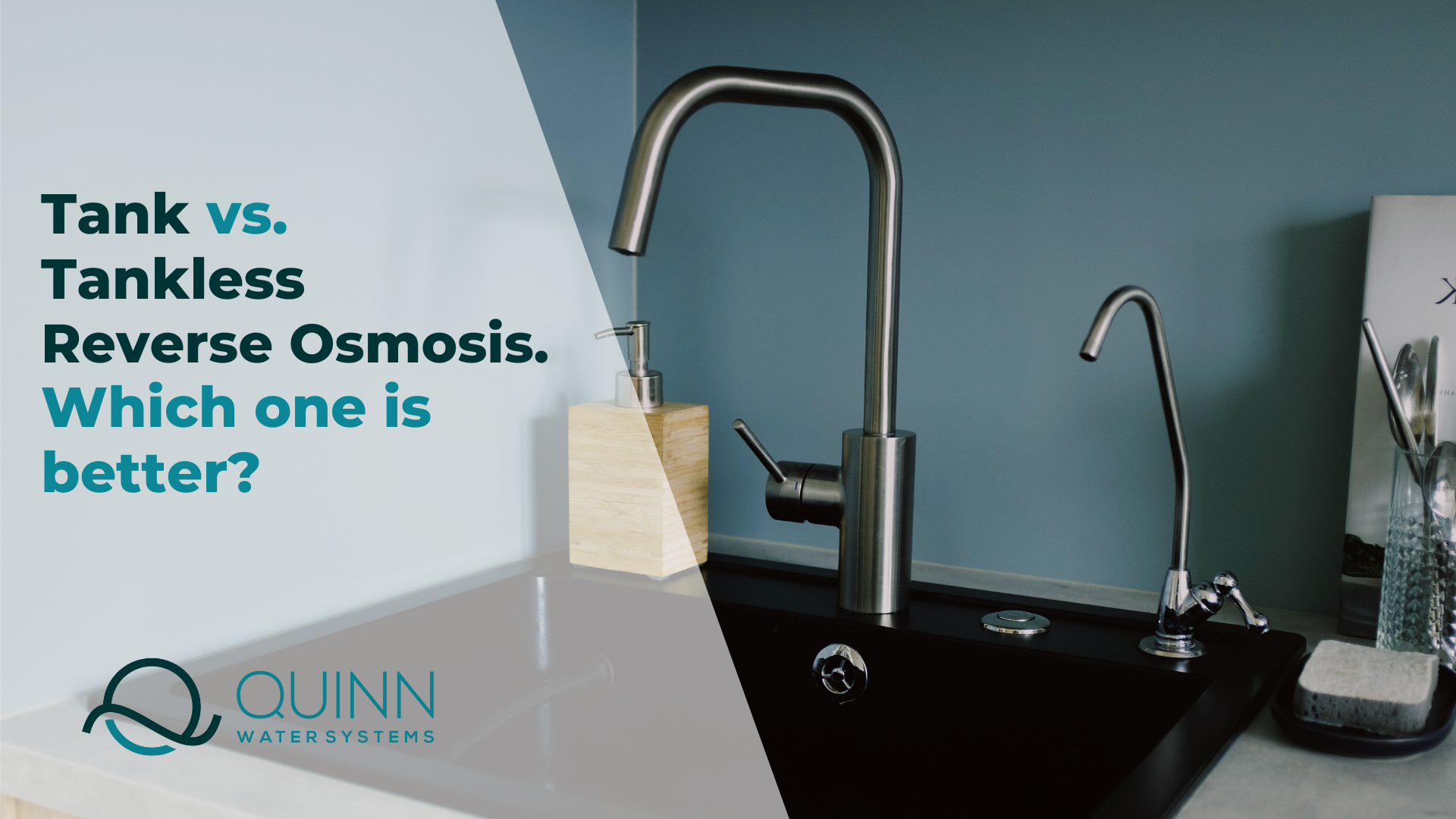
Get Your Water Done RIGHT!
About Us
Client Portal
Client Hub is set up for our clients approve quotes, check appointment details, pay outstanding invoices, print receipts, or request more work-all in one place.
Payment Options


